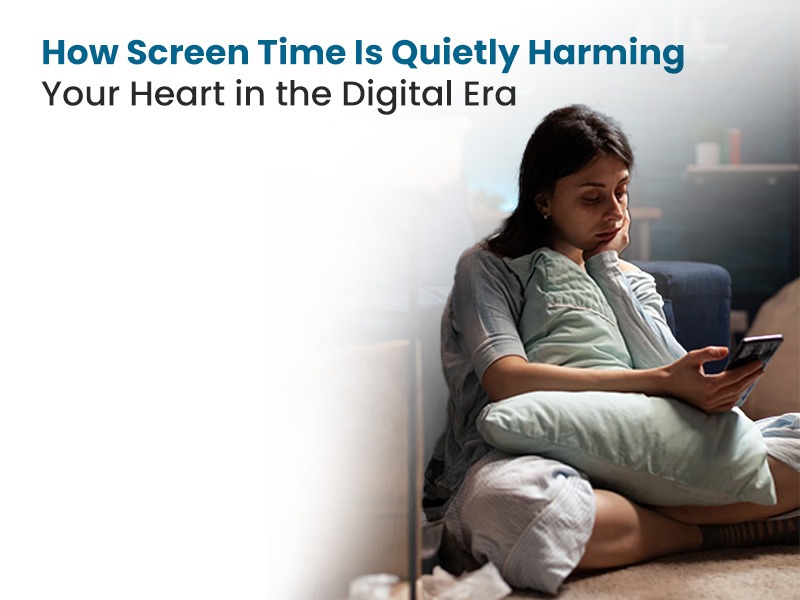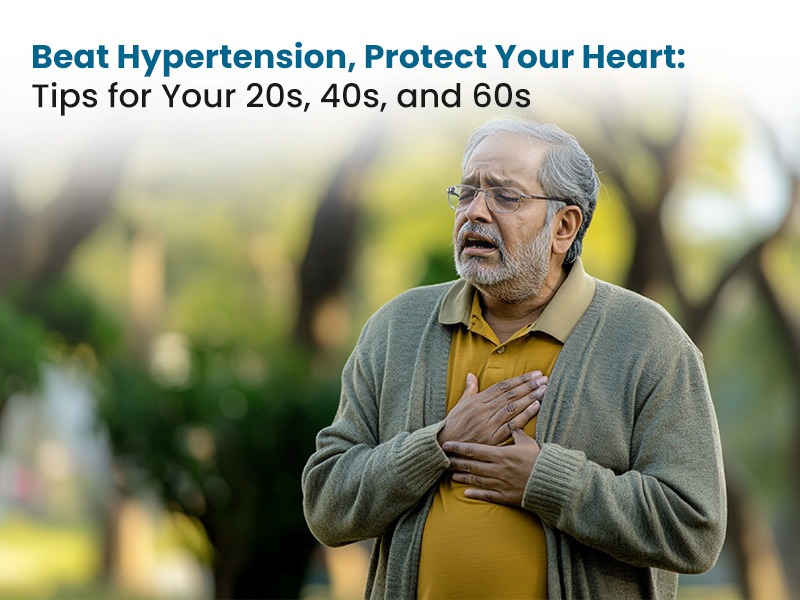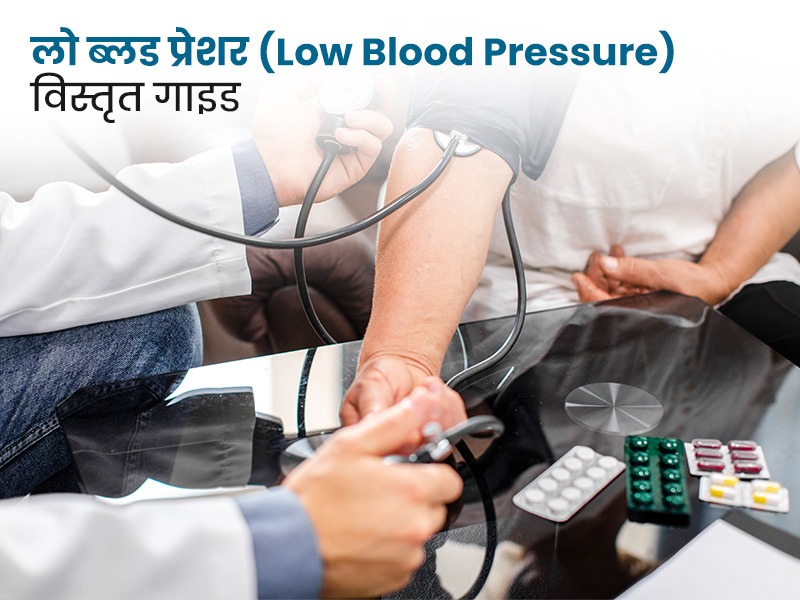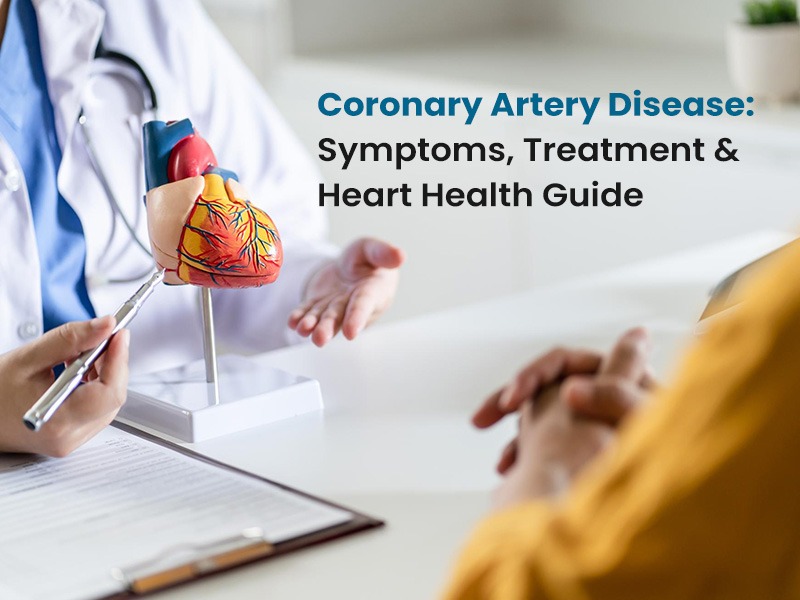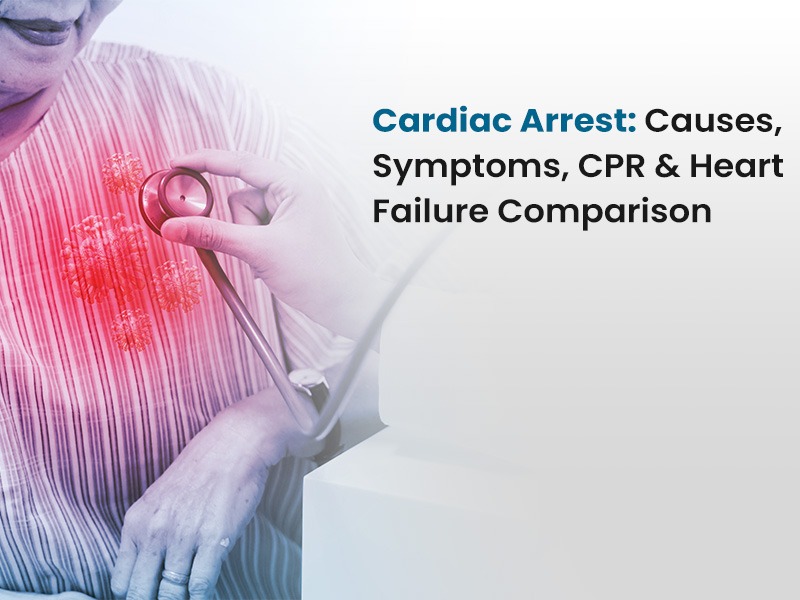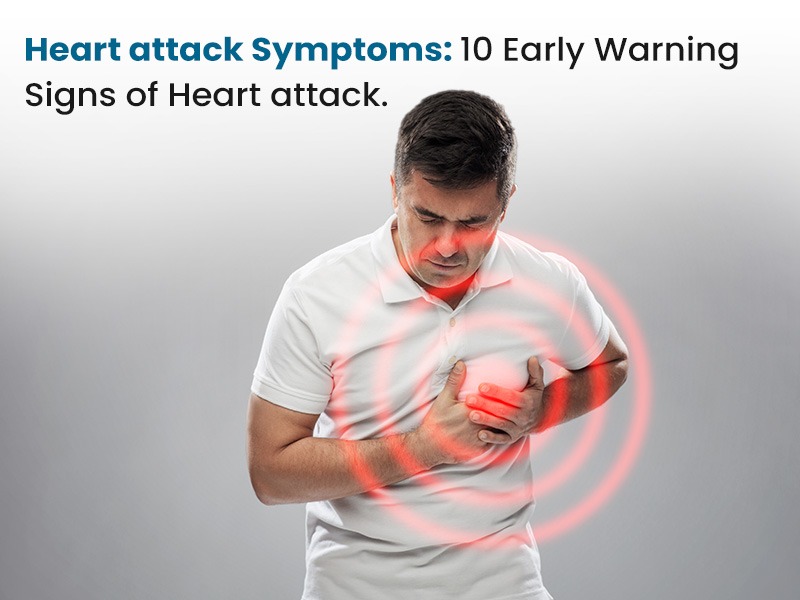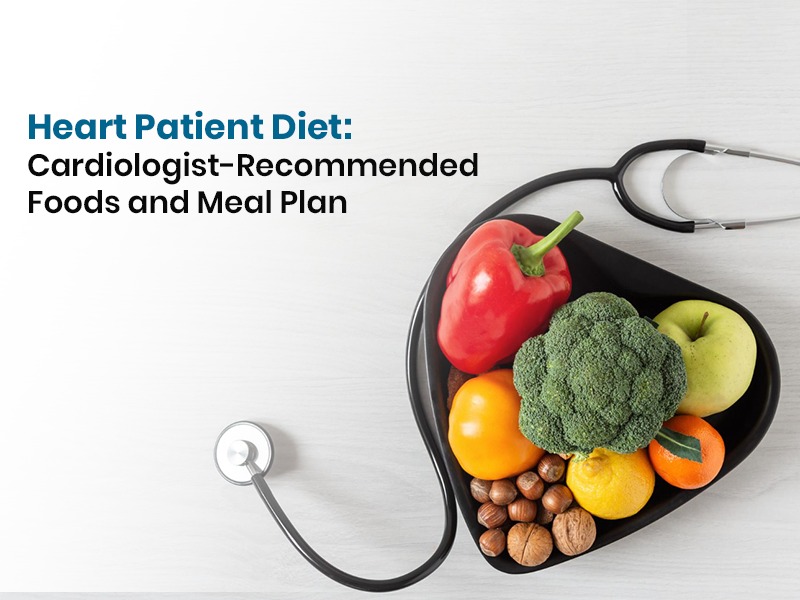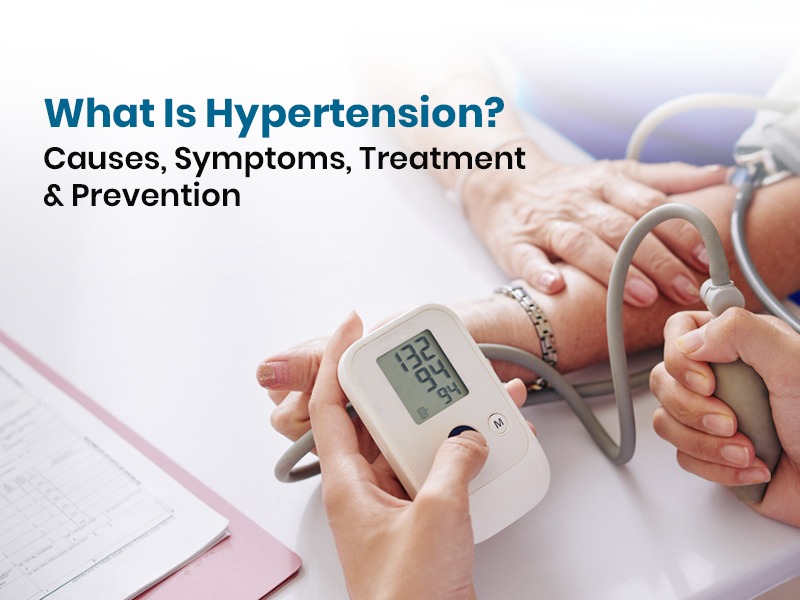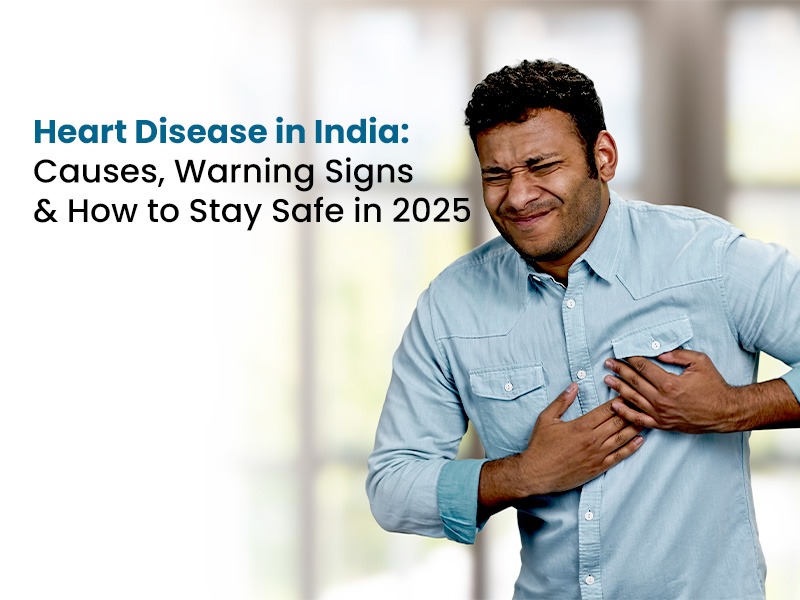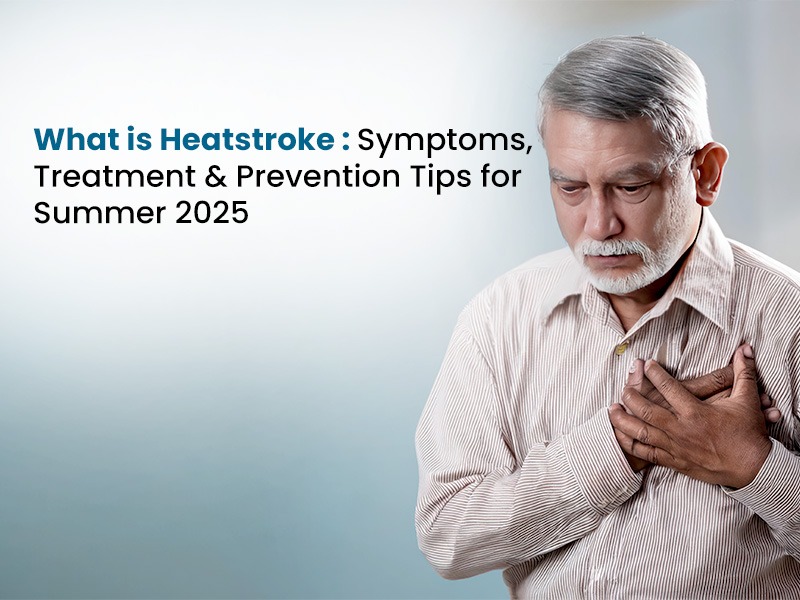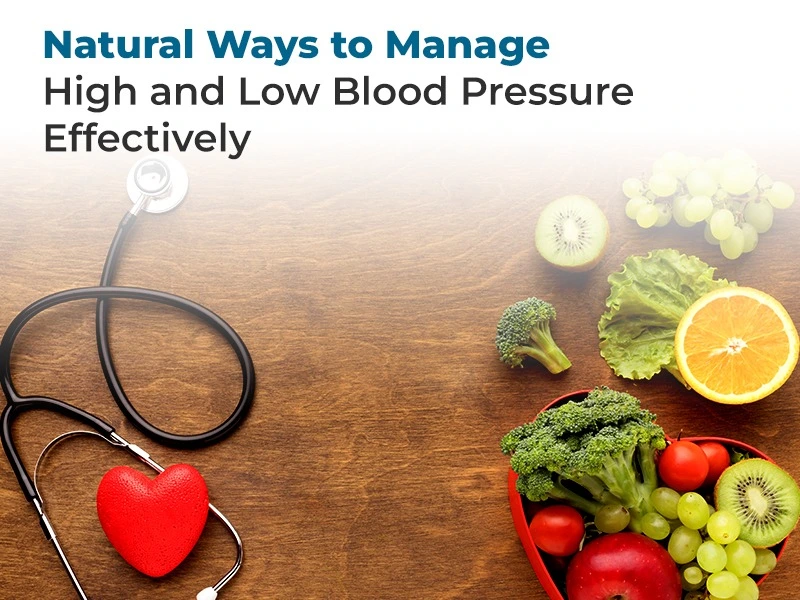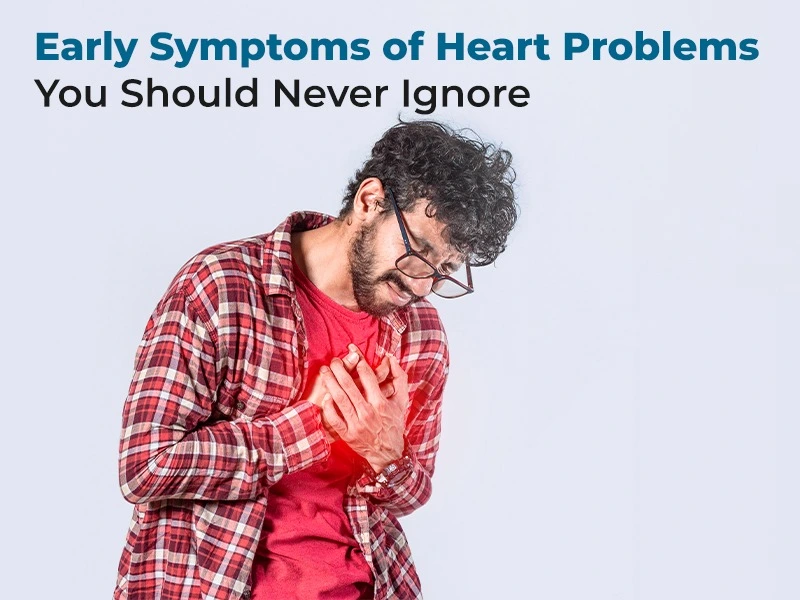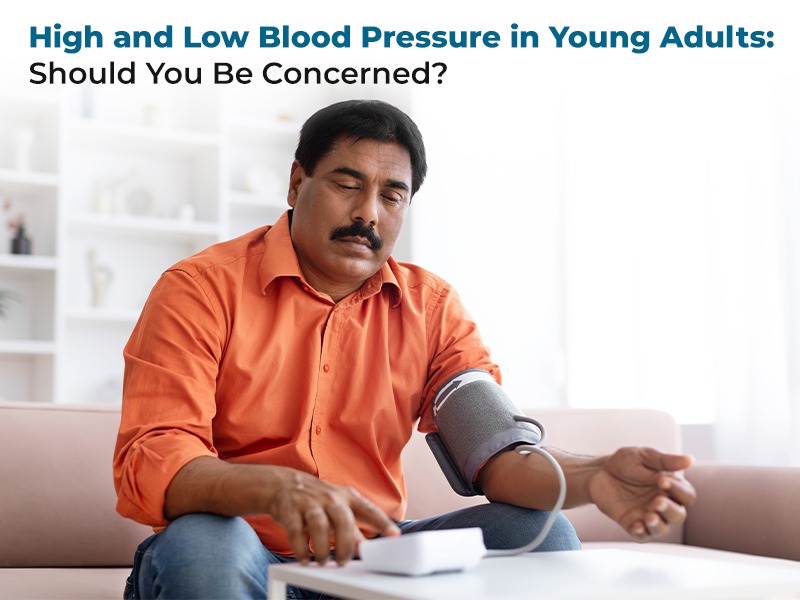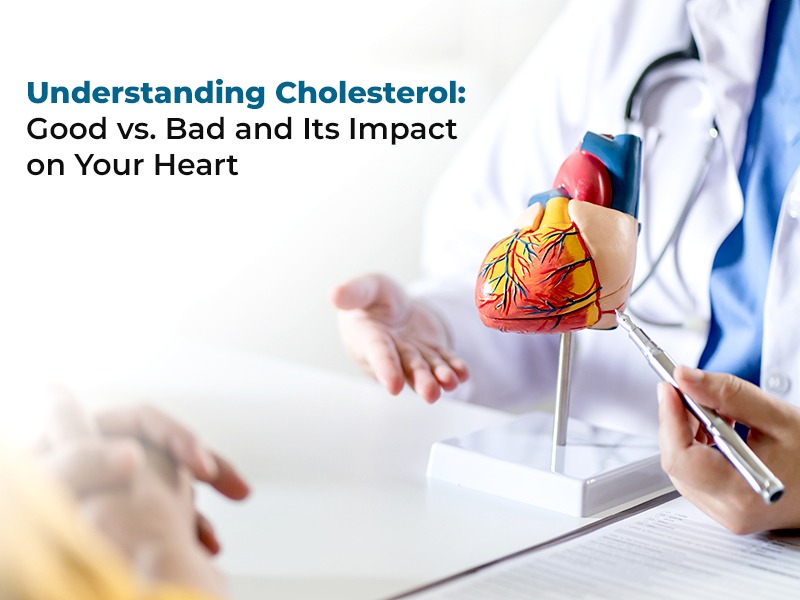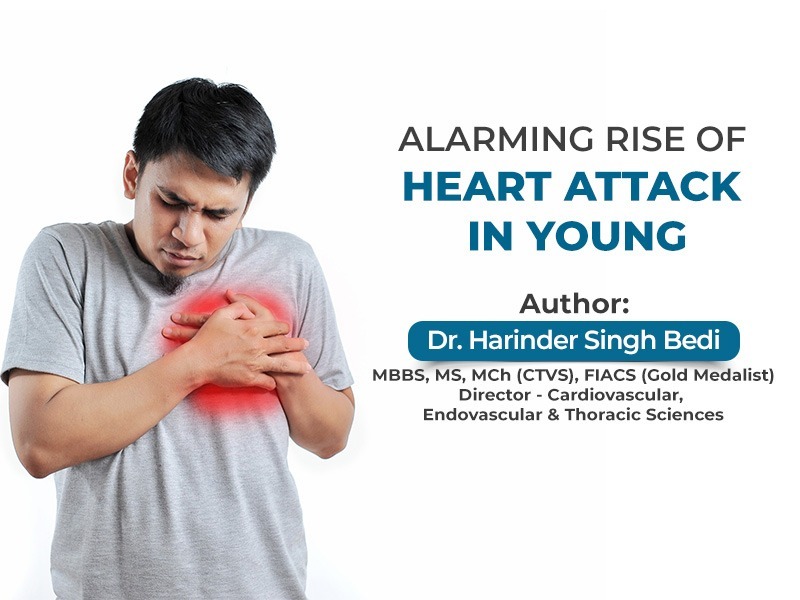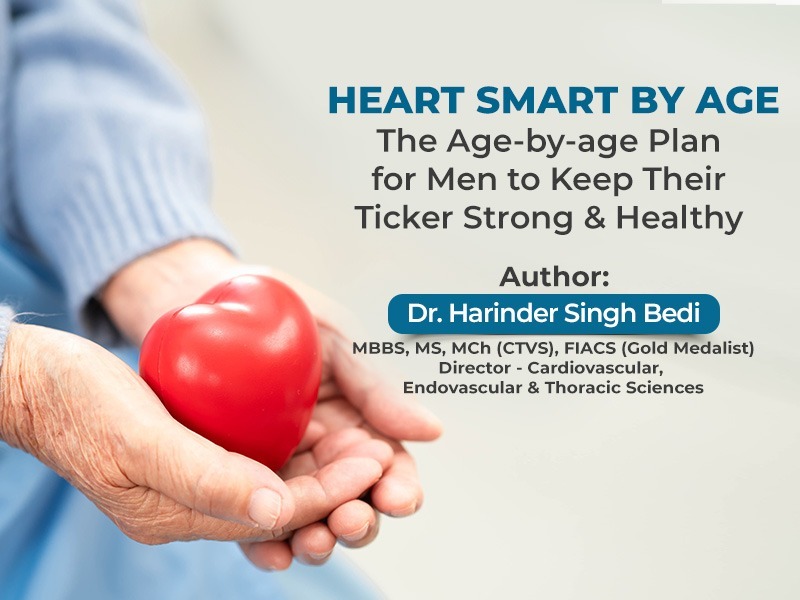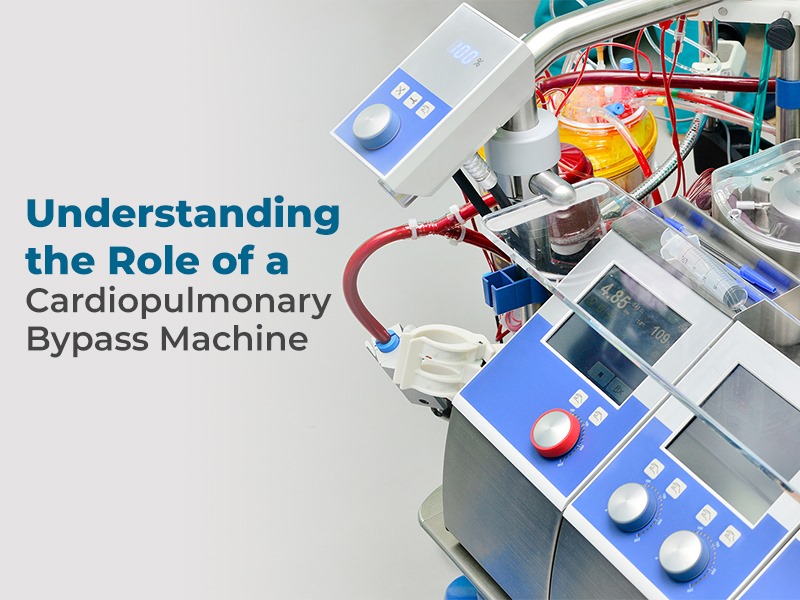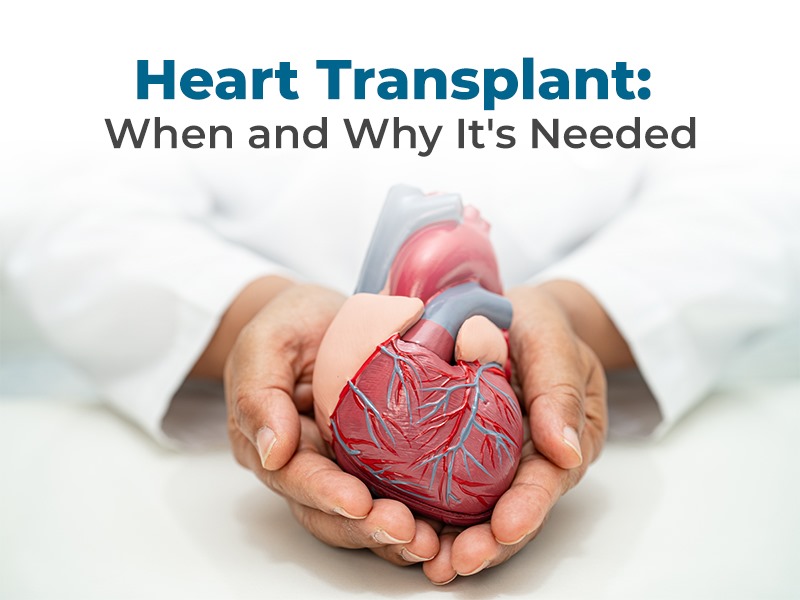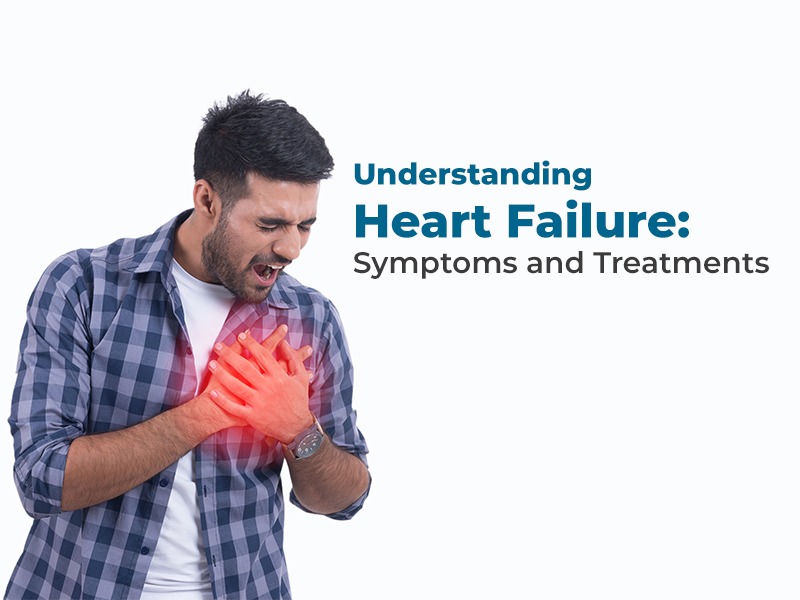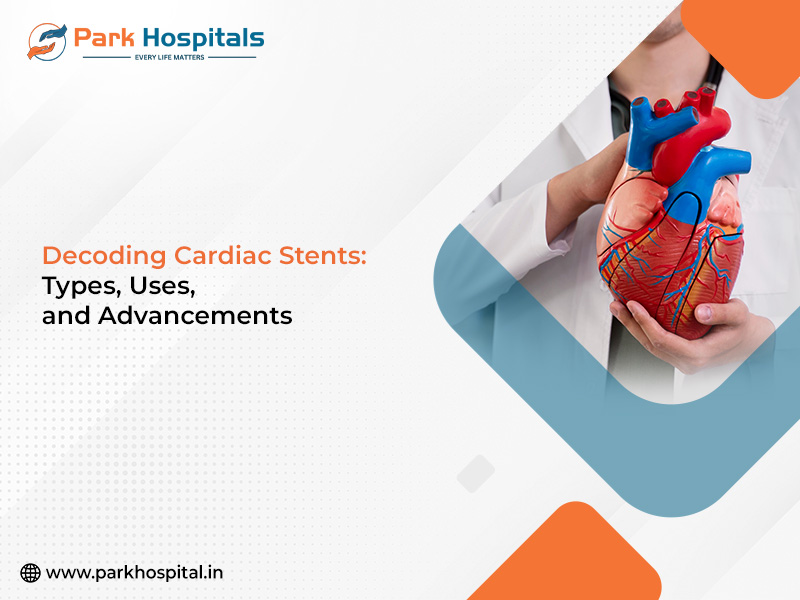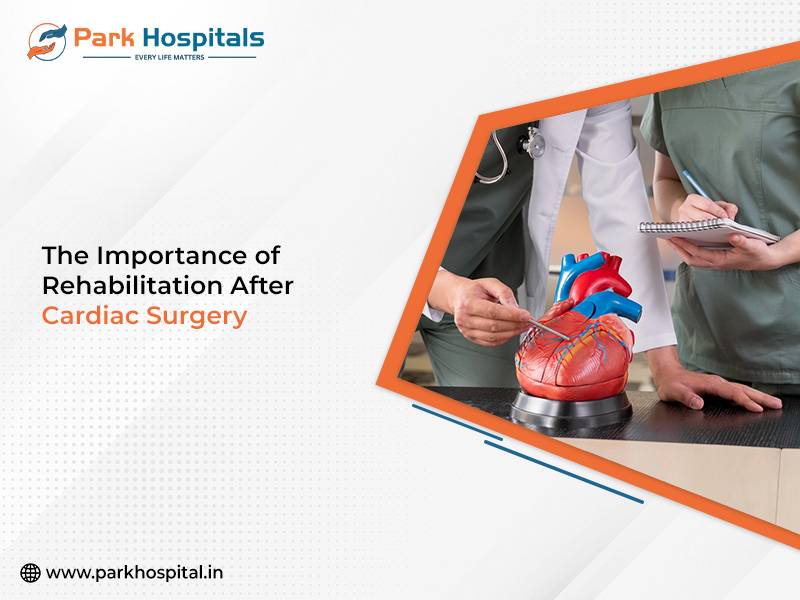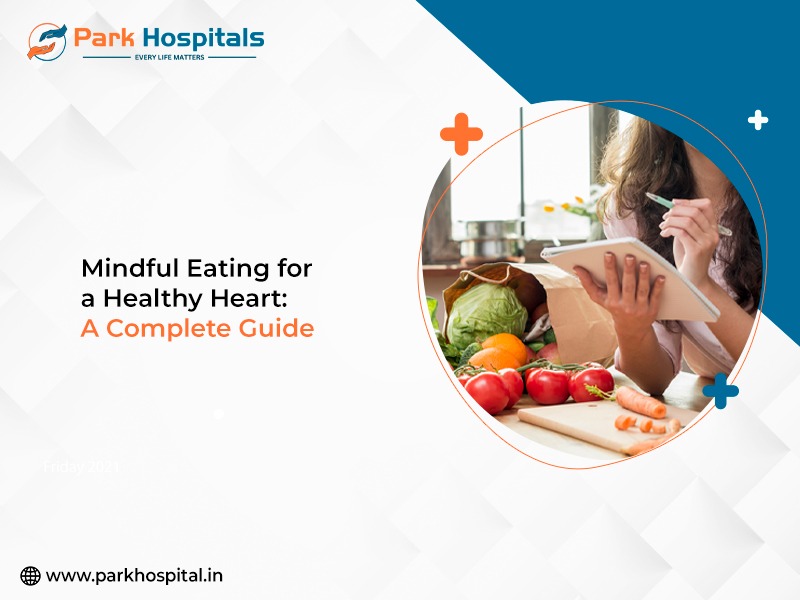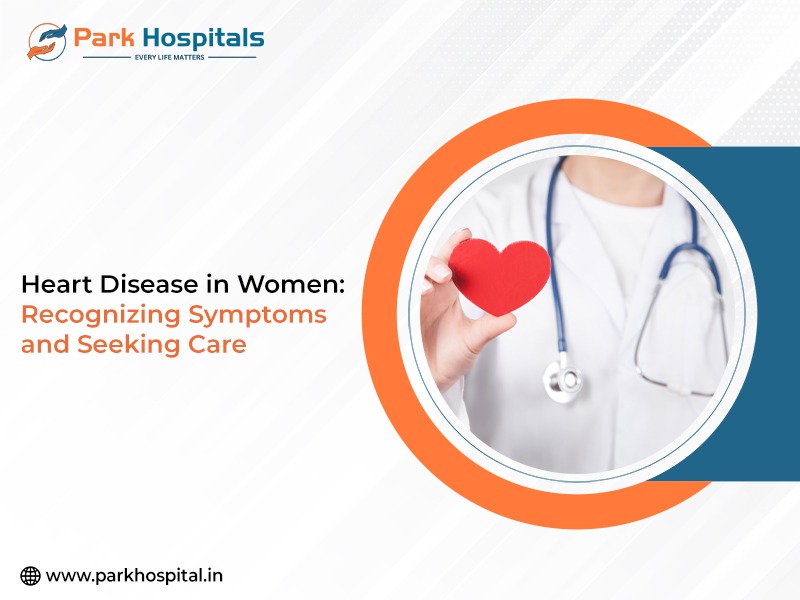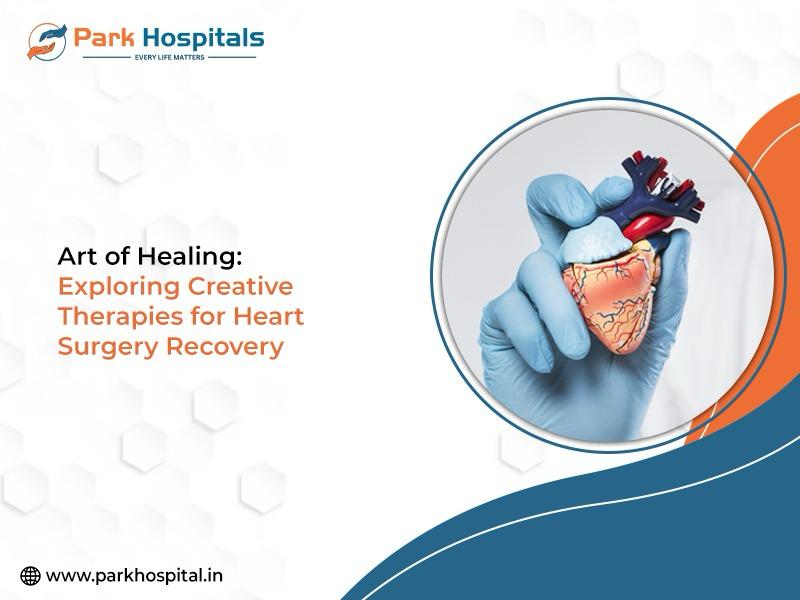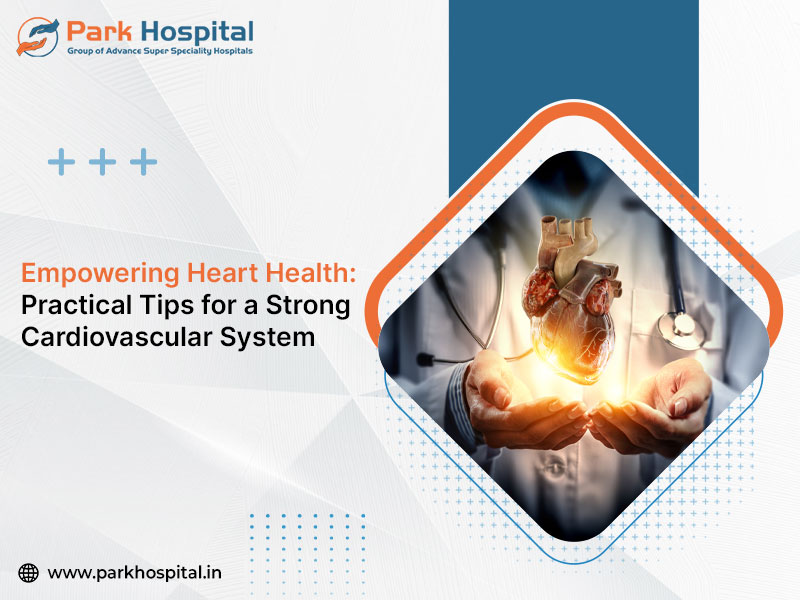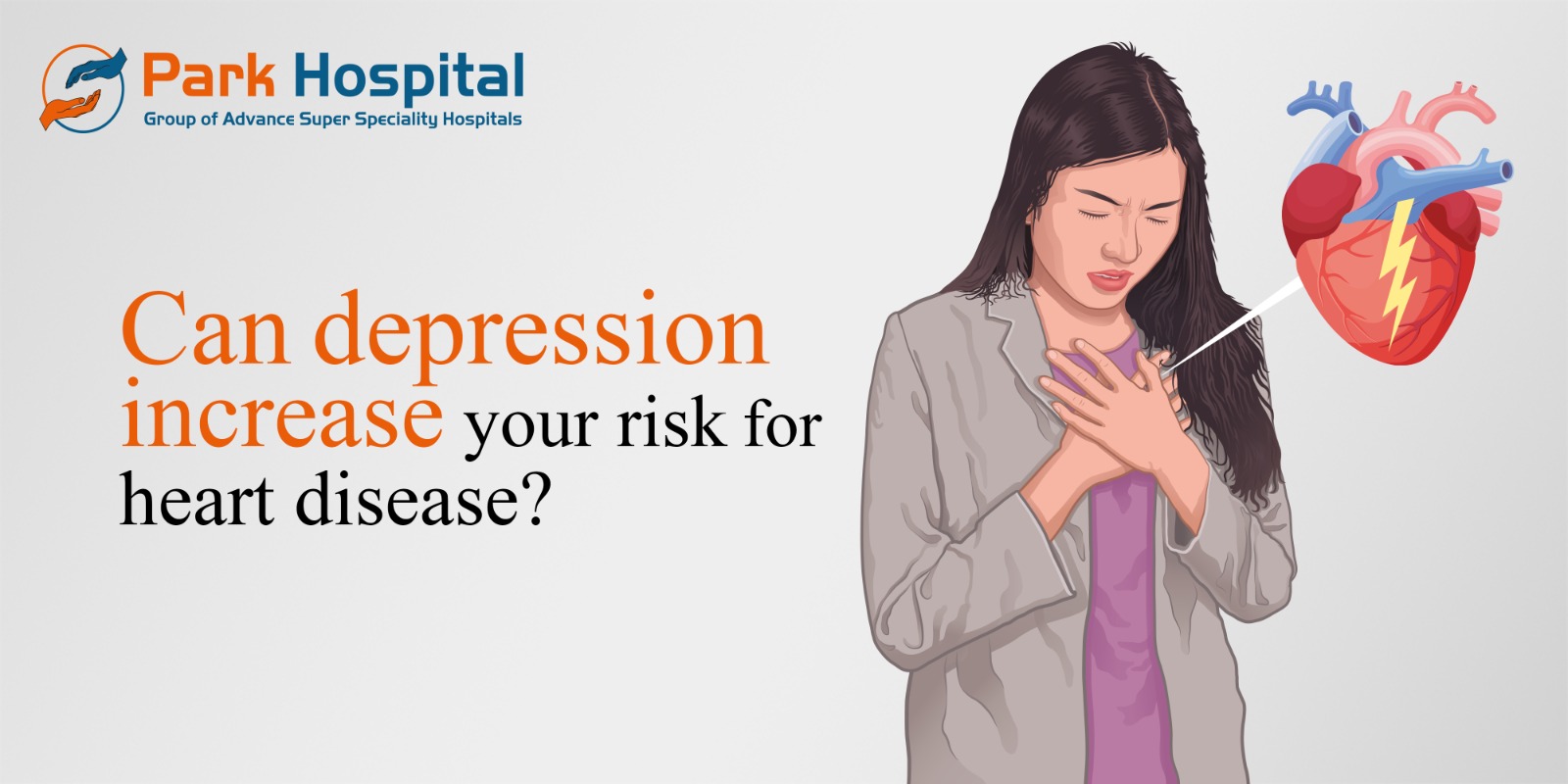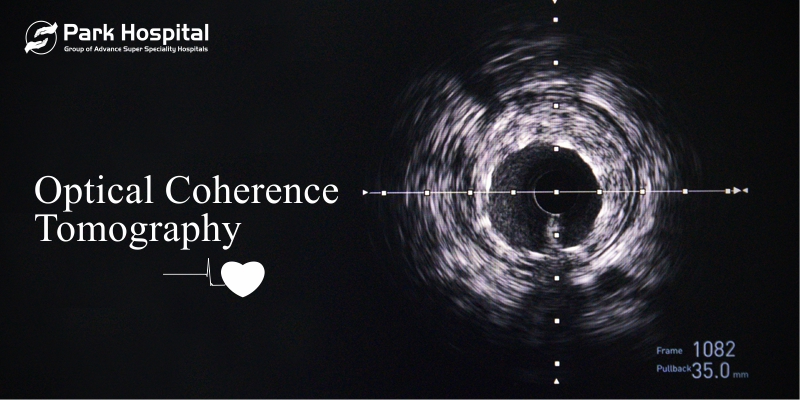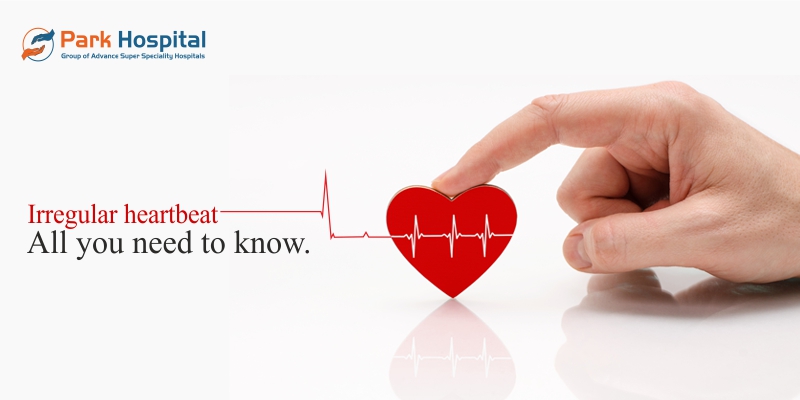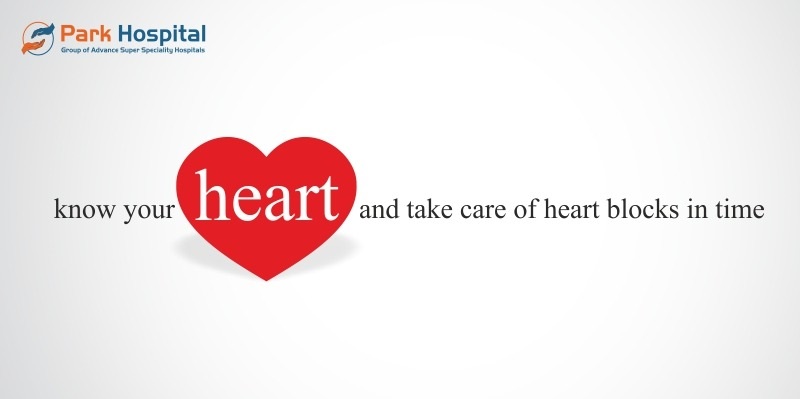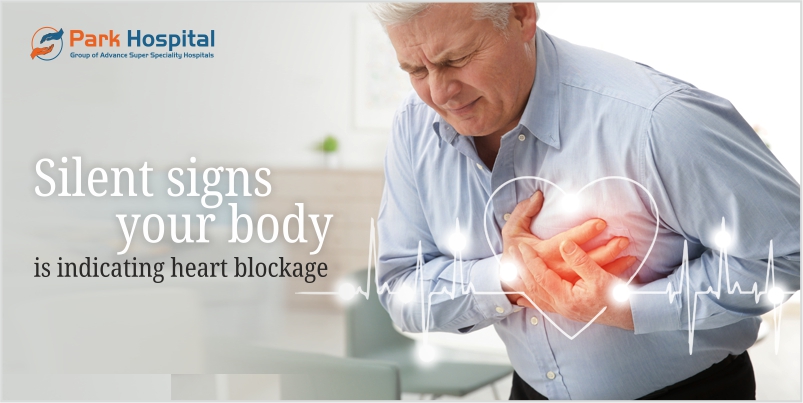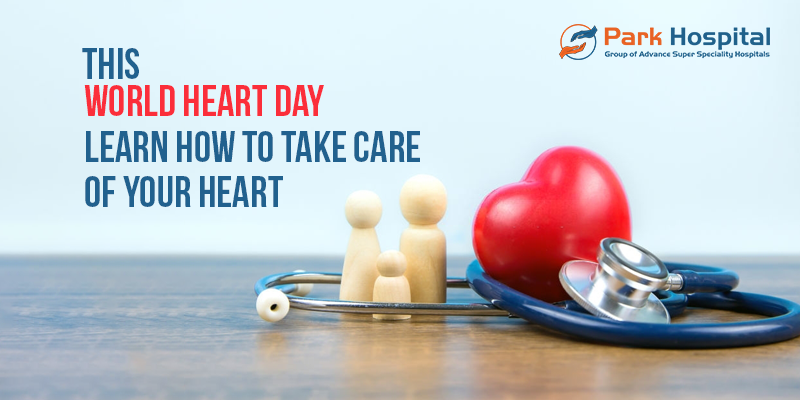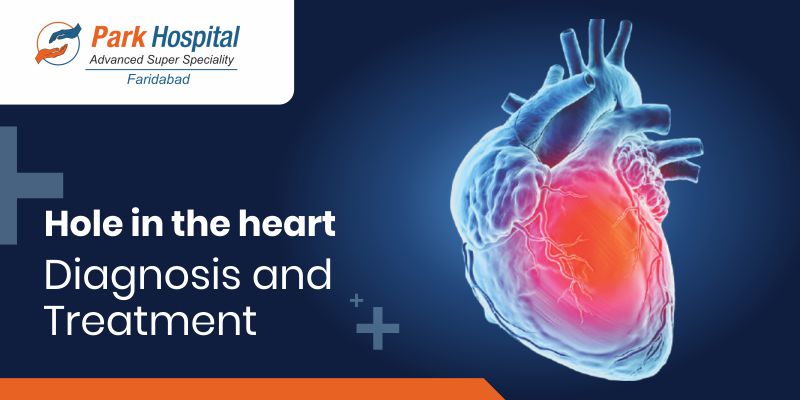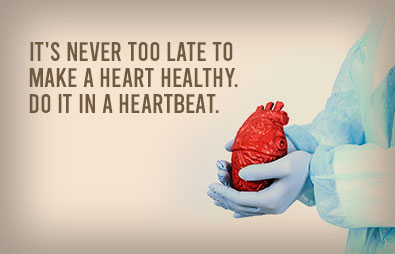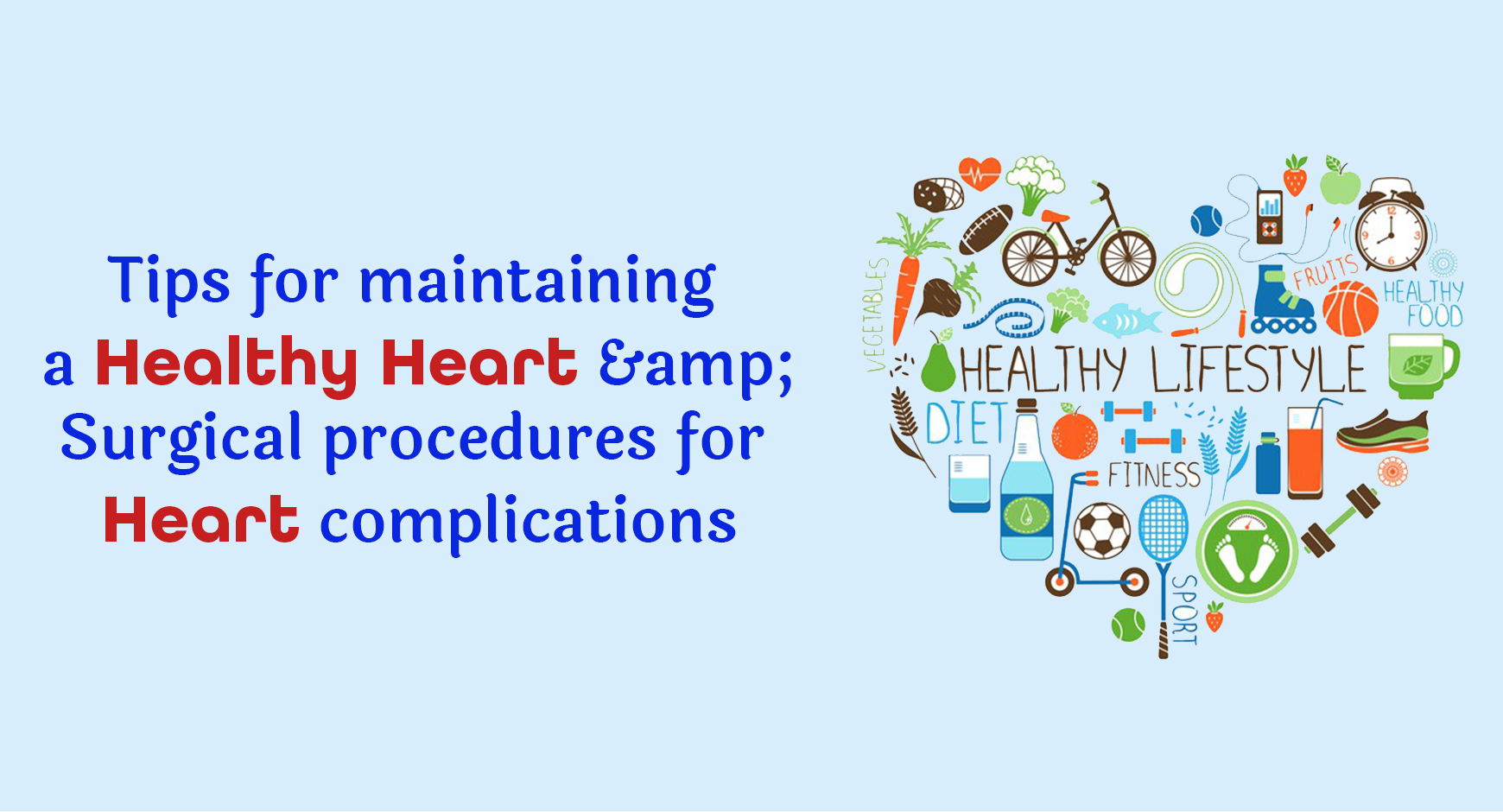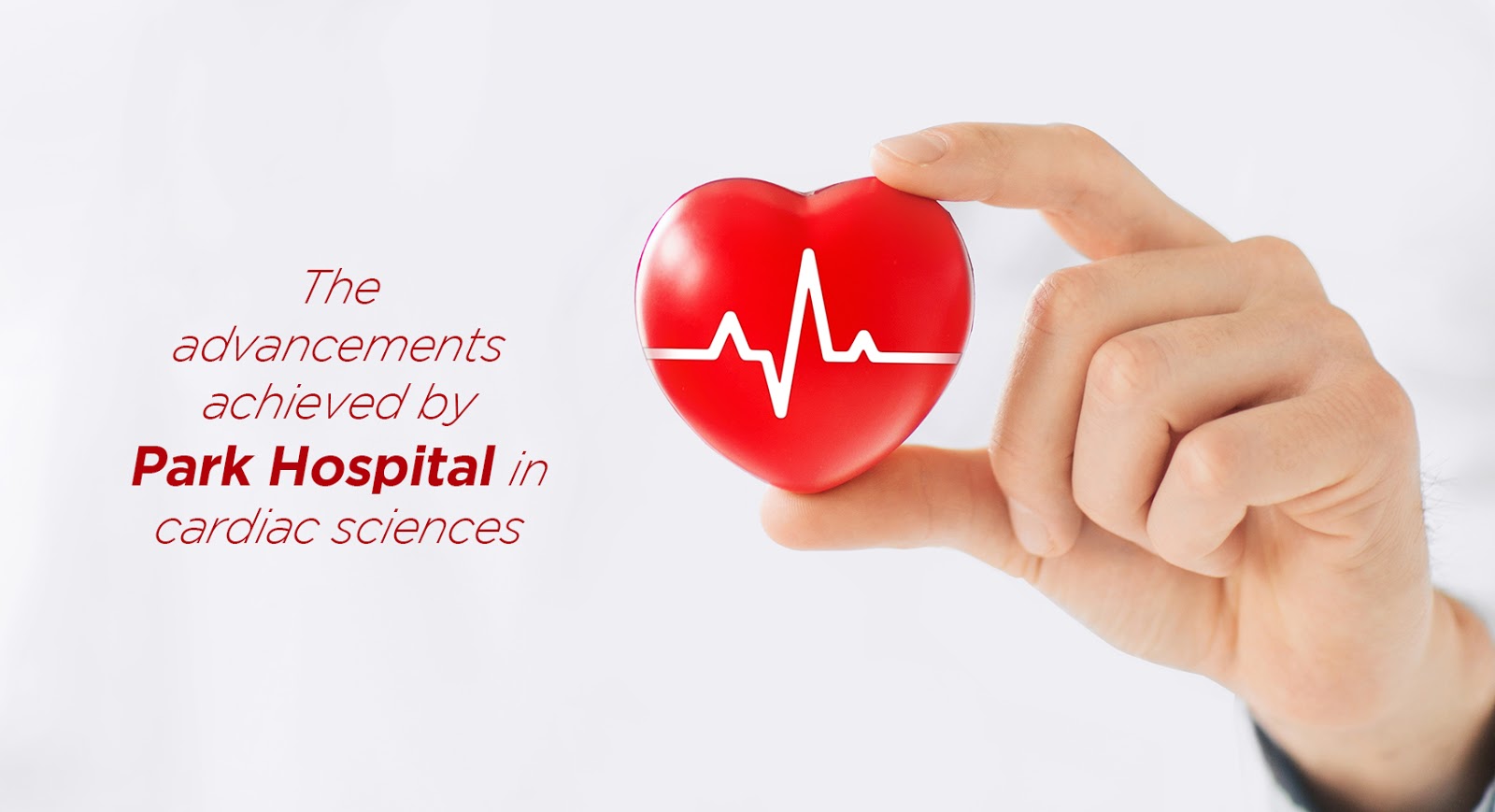Once there was a time when different applications were used for various purposes. There was a clock to know the time, maps to navigate, a calendar for date, a torch for light, leaving you with ample time to be with friends, family, and most importantly, yourself.
But now, screens have occupied all these tasks and space, with screens everywhere you look, especially in the name of smart applications that claim to save time. But these are actually making you slow, weak, lethargic, and, above all, unhealthy.
As per the best heart specialist in Delhi, at Park Hospital, one of the major effects is on your cardiovascular health. But what is the connection between the two? And how can you work on it as an individual? Let's understand it here.
A Sedentary Lifestyle and Its Impact on the Heart
One of the clearest links between screen time and heart disease is that screens encourage long periods of sitting. Whether watching a series, gaming, working at a desk, or scrolling through social media, screen-based activities often involve minimal physical movement. This kind of extended sitting is known to reduce circulation, increase blood pressure, and raise the risk of developing metabolic issues.
The World Health Organization identifies physical inactivity as a major contributor to non-communicable diseases, including heart conditions. People who sit for more than six to eight hours a day without incorporating regular physical activity into their routines face a significantly higher risk of developing cardiovascular disease over time.
Poor Sleep and Increased Cardiac Risk
Excessive screen time interferes with the body's natural sleep cycle, particularly in the evening. The blue light from screens delays melatonin production, which helps regulate sleep. Delayed or poor-quality sleep can elevate blood pressure, increase stress hormone levels and lead to inflammation. All of these are recognised contributors to heart problems.
Sleep is essential for recovery, hormonal balance and cardiovascular function. When digital devices disrupt this process, the heart does not get the rest it needs. Poor sleep patterns have been linked to a greater risk of heart attacks, strokes and irregular heart rhythms.
Psychological Stress and Elevated Blood Pressure
Constant connectivity can also affect stress levels. Notifications, work emails, breaking news and social media interactions often create a low but persistent sense of urgency. This constant stimulation can result in mental fatigue and chronic stress.
Stress affects the cardiovascular system by triggering the release of cortisol and adrenaline, hormones that raise blood pressure and heart rate. Over time, consistently high levels of these hormones can cause damage to blood vessels and increase the likelihood of hypertension, which is a common phenomenon occurring in individuals coming for a regular check-up at a heart hospital in Delhi. The problem is made worse when people remain physically inactive while experiencing this digital stress.
Screen Time and Poor Dietary Habits
Many people eat in front of a screen without realising how much or what they are consuming. Whether snacking during a film or eating lunch while working, this distracted behaviour can lead to overconsumption of high-sodium, high-fat, and high-sugar foods. Such foods increase cholesterol levels and contribute to obesity, both of which are linked to heart disease.
In addition, advertising and online content often promote unhealthy food choices. The convenience of food delivery apps and takeaway culture also encourages high-calorie, low-nutrient meals. Over time, these habits contribute to plaque build-up in the arteries and increase cardiovascular risk.
Reduced Time for Physical Activity
Increased screen time typically means less time spent on physical activity. A person who watches several hours of television or spends most of the workday at a computer may struggle to meet the recommended 150 minutes of moderate exercise each week.
Physical activity helps regulate weight, reduces blood pressure and strengthens the heart muscle. It also improves circulation and boosts good cholesterol levels. When screen time displaces exercise, these benefits are lost, and cardiovascular risk rises.
Younger Generations at Risk
What was once considered a midlife health issue is now affecting younger age groups. Teenagers and young adults often spend upwards of six to eight hours daily on devices, both for education and entertainment. The combination of physical inactivity, sleep disruption and poor dietary habits during these years can have long-term consequences.
Studies have found that even adolescents are showing early signs of cardiovascular strain, such as increased resting heart rate and elevated blood pressure. These early indicators highlight the importance of developing healthier screen habits from a young age.
Social Disconnection and Emotional Strain
Technology allows us to stay connected but can also result in social withdrawal and isolation, especially when screen time replaces in-person interaction. Loneliness and emotional distress have been shown to affect heart health negatively. People who feel socially isolated may be less motivated to engage in physical activity or manage their health actively.
Mental health and cardiovascular health are closely linked. Depression, anxiety and stress not only affect emotional well-being but can also lead to increased inflammation, poor lifestyle choices and a greater risk of heart disease.
Simple Strategies to Protect Your Heart
Although avoiding screens completely is not realistic, especially in today's digital environment, small changes can reduce the cardiovascular impact of screen time, as suggested by the medical professionals at a heart hospital in Delhi.
1. Monitor screen use
Tracking features help us understand how much time is spent on different devices and applications. Awareness is the first step towards better management.
2. Schedule regular breaks
Take short breaks every 30 to 60 minutes to stand, walk, or stretch. These simple movements help improve circulation and reduce strain on the heart.
3. Prioritise sleep hygiene
Avoid using screens for at least an hour before bed. Instead, try reading a physical book or listening to calming music.
4. Avoid eating while distracted
The best heart specialist in Gurugram explains that you should be mindful during meals and avoid snacking during screen time. Focus on nutrient-rich foods that support heart health, such as vegetables, whole grains, lean protein and healthy fats.
5. Plan daily physical activity
Incorporate movement into your day, even if it is just a brisk walk, short workout or cycling session. Make physical activity a part of your routine rather than something optional.
6. Create tech-free zones
Designate areas of the home or specific times during the day as screen-free. This helps reduce dependency and improves real-world engagement.
7. Foster real-life social connections
Spend time with friends, family or community groups. Face-to-face interactions can improve mental health and reduce stress, both of which benefit the heart.
Breaking the Loop Before It Breaks You
Digital devices offer countless conveniences but are also reshaping our lifestyles in ways that can harm heart health. Prolonged sitting, poor sleep, unhealthy eating habits and chronic stress are all quietly contributing to a growing cardiovascular risk, particularly in younger populations.
Addressing this issue does not mean giving up screens. Rather, it involves creating a healthier balance between digital life and physical well-being. By building more active, mindful and intentional routines, we can protect our hearts and overall quality of life.
Also Read: Early Symptoms of Heart Problems You Should Never Ignore

